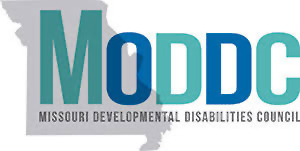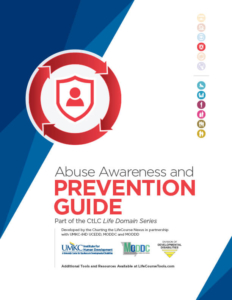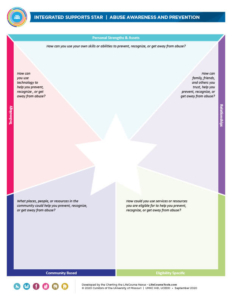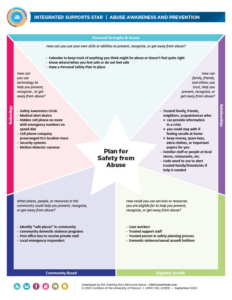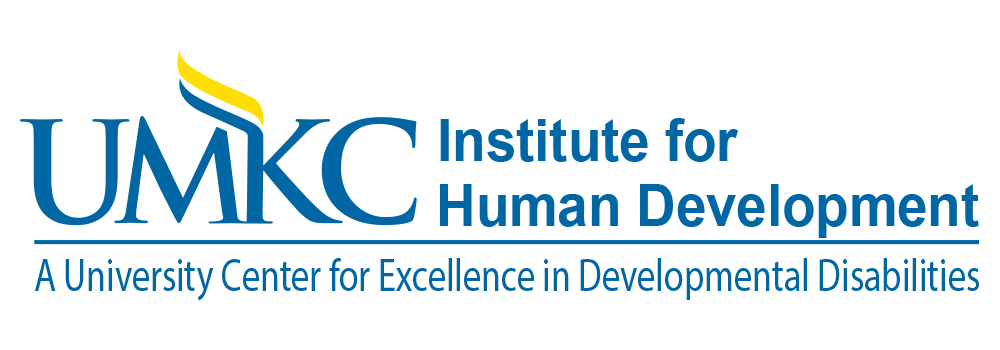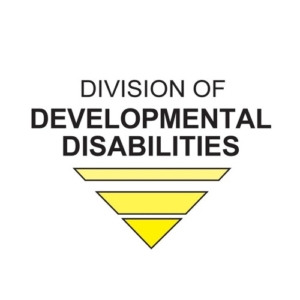Exploring the Life Domains
Abuse Awareness and Prevention
People with disabilities experience abuse at higher rates than people without disabilities. Knowing more about types of abuse and planning for safety are important aspects of abuse prevention.

